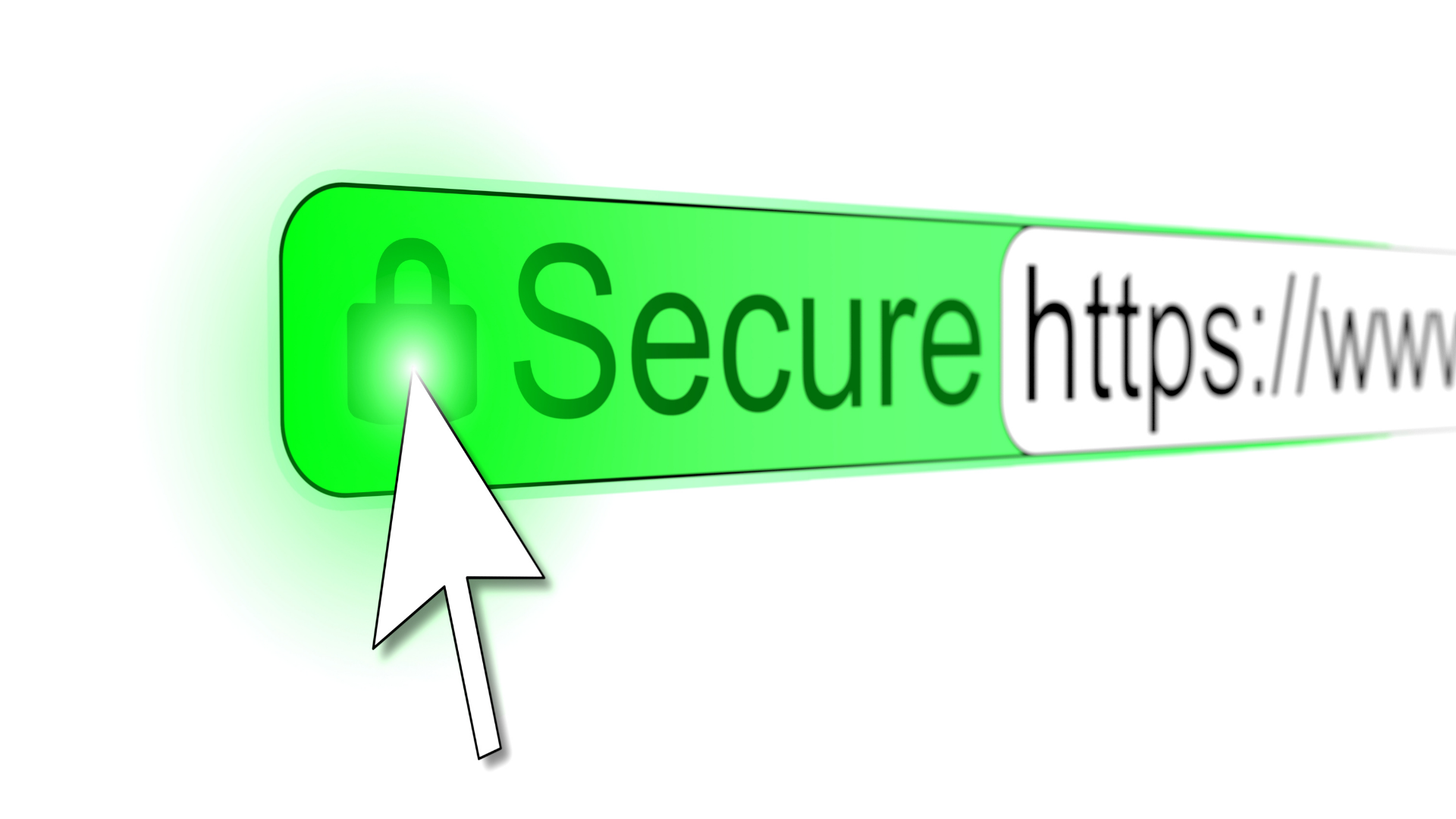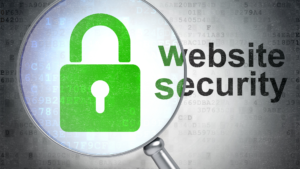Table of Contents
- What Are The Essentials Of Website Security?
- Website Security to Safeguard Your Internet Site Against Threats
What Are The Essentials Of Website Security?
When you operate your online business on a computer, website security is critical to ensuring that your sensitive information does not get into the hands of hackers or be deleted by a malicious virus. If you sell things via a website, yor clients must have confidence that their personal and financial information is safe when they enter it; otherwise, you may have lower traffic and sales, harming your company. A good rule of thumb to follow is that if your consumers do not feel safe and secure, they will not use your website.
There are several advantages to monitoring your website, especially to ensure that it stays safe and is never vulnerable to virus or hacker assaults. The essential benefit of having a website security policy in place is that it gives you and your visitors peace of mind when they visit your website.
Do you intend to submit your bank card information and address onto a website that is not safe and may potentially offer a danger of identity theft? No, and neither will your prospective consumers. Trust and security are two invaluable services you will supply to your customers once they decide to do business with you.
While looking for advice on improving security to your website, try purchasing a security and safety monitor tool that works to detect other websites that have hazardous viruses or even information before they can attack your own website. Many of these programs provide you with the following benefits:
- Reports of potentially hazardous websites are made regularly.
- If necessary, assist in obtaining assistance in deleting dangerous programs.
- A step-by-step procedure for removing viruses
- Remove malware before it infiltrates your machine.
- Lists all malware applications that have the potential to re-enter the computer
A website security application, in addition to virus protection, can help keep your PC and information secure. While it protects the data on the website, it also protects your customers if they provide you with secure data and information, such as an address, credit card, or passcode numbers.
It is in your and your company’s best interests to keep your website as secure as possible. For example, if the internet search engine deems that your website is not secure, you may lose your rating. Losing your position on a search engine implies that your customers will be unable to locate you, which will impact your company and earnings. This implies that you would not only lose your current customers, but you will also be unable to expand your firm.
Website security software is a smart investment when it comes to providing protection for your clients and yourself. When it comes to the expense of such software, bear in mind that it pales in comparison to the potential effect of lost clients on your organization. One of the most important reasons for having a successful company is security for you and your clients.
Website Security to Safeguard Your Internet Site Against Threats
One of the worst sensations you may have is discovering that someone has hacked into your private and personal info to take it and ruin your papers. When a hacker obtains information from your computers, such as private or secure client billing information or addresses, the harm is not just to you as a company but also to your customers’ personal lives and data. Website security is essential for protecting you and your clients from hackers who seek to destroy your online company.
There are several methods for using website security measures to protect against hackers. This kind of software will not eliminate the possibility of an attack since hackers are and will continue to be interested in obtaining sensitive information, such as security codes, credit card numbers, and Social Security numbers, to steal identities. The most crucial strategy for improving website security is to preserve the source code so that hackers cannot edit it or create a fake website to get access to your unsuspecting customers’ data and information. Hidden source code is a way to secure both you and your website from harm. Keep your antivirus and firewall updates as up-to-date as possible to ensure you have adequate security against hackers. When you buy these apps, sign up to get updates so you know when to get the most recent fix. If you can’t fix any vulnerabilities in a virus or firewall security software, it is simpler for a hacker to get in and steal sensitive information.
If you no longer utilize files on your website, remove them from the database so that hackers cannot access them. Use a malware protector to prevent viruses or dangerous flaws from entering your system so that you can learn all you can about the server. The more you know about the server, the more you’ll be able to safeguard your site and crucial information.
Assigning a password to your files is one of the easiest ways to be proactive about website security. Passwords are generally difficult to use because they must be difficult enough so that hackers cannot interpret them since many websites use specific computer programs to decode passwords. If the password recommendation calls for a specified amount of characters, use them all and mix digits and letters to increase the password’s security.
Finally, safeguard your current email address on the website rather than providing them with your real contact information, which hackers may get when attempting to hack into the data. Choose an E-mail Us page, for example, with a part where customers may get a contact form. Your consumers will be able to send you information without disclosing your real e-mail address.
Implementing website security, whether via bought apps or very basic preventive techniques, may undoubtedly assist in making your website as secure as possible so that your clients feel comfortable using your services.



